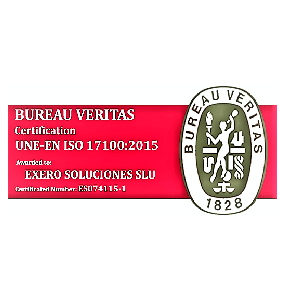One Step Futher: Specialized Translation and its Characteristics
First of all, let’s get one thing straight: languages do not make a translator. They are part and parcel of our work, but on their own they’re not enough. To become a true professional translator and provide a quality service you need years of experience and must learn the tools of the trade.
But that’s not all! Certain subjects in translation require even more specialized tools and knowledge. Translating an adventure novel is not the same as a legal document. Similarly, translating a medical prescription is not the same as an instruction manual. That’s why many professionals in the translation business choose to specialize in one or more specific fields.
Today we’re going to take a look at some of these types of specialized translation and their main characteristics. However, we’re not going to cover all of them right now, we’d like to leave some for future articles.
Legal and Sworn Translation:
What’s that?
This encompasses all documents in the legal field. Translations of these documents must be extremely accurate given that they can have legal consequences. This specialization is characterized by its specific terminology, need for accuracy, and distinctive language, also known as “legalese.”
One step further:
Within the field of legal translation we find sworn translation. Being a sworn translator doesn’t necessarily imply being more specialized than a legal one, but it does entail certain additional requirements. Sworn translators are certified by the competent authority in their respective countries. This certification makes their translations of foreign documents legally recognized. It varies from country to country, but in general sworn translations require a signature and a stamp. When a sworn translator signs and stamps a document he/she is certifying that the document is true to the original. This signature carries a legal responsibility between the translator and the document.
It’s common practice in certain institutions to require a sworn translator’s signature when they need documents translated that will have legal effects abroad. If it’s not done by a sworn translator, it doesn’t count. Forget about leaving it to your cousin who studied law in Madrid (he says “dare-aycho”) because it won’t be valid in the eyes of the law.
If you’d like to learn more about the two, our article takes an in-depth look at this topic.
Financial and Economic Translation:
What’s that?
I’m sure you can guess what subject matter an economic translator deals with. However, the complexities hidden within this type of specialized translation are not so evident. For starters, the language used in economic texts is full of jargon that’s difficult to understand because it’s linked to complex concepts. As a result, translators must have extensive knowledge to be able to produce accurate translations. Hence why this branch is considered specialized translation.
But the difficulties don’t stop there. Economic terminology is also more spontaneous and treacherous than the terminology in the previous example. A good bit of economic terminology can’t be found in dictionaries or glossaries because it’s constantly evolving.
For those of us translating into English we have the advantage because many of these spontaneous terms are invented in English speaking countries. However, anyone translating from English is going to have some obstacles to overcome. Given their recent creation, many of these terms don’t have a direct translation and therefore surface in the economic sphere of other countries as loan words or an Anglicism. This barrowed vocabulary may be confusing for the person reading the text. Consequently, a translator must not only be able to adapt the text to another language, but also be capable of presenting the information in the simplest way possible.
One step further:
On top of everything else, we have to distinguish between the two. Economic and financial translation are not one in the same. According to the article by Elena Alcalde Peñalver referenced here, economic translation is objective and used for informative purposes where as financial translation seeks to persuade readers and guide them towards a specific conclusion. It’s important to know which of these two types of specialized translation you need before choosing a translator for the job.
Technical, Medical, and Scientific Translation:
What’s that?
There are many different types of specialized translation that fit into the technical category. These include fields such as mechanics, engineering, science, medicine, etc. All of these are similar in that they have complex terminology that often requires the reader to be familiar with the topic. This means that not all translators are capable of translating these types of documents. In fact, the translator often needs understand the topic as well as the author of the document.
One step further:
Many of the translators in these specialized branches have experience in or have studied the subject they translate (medicine, engineering, pharmaceuticals, etc.) It makes sense given that sometimes their vocabulary is so specialized that a normal person may find it unintelligible, even in their own language. This is one of the branches of translation that relies most heavily on term searches and the use of specialized databases. Even experienced translators have to resort to these resources.
Within this branch we think it’s important to highlight medical and scientific translation because people’s health and well-being depend on how accurate they are. That’s why these two are among the most difficult specializations. The specialized nature of this branch coupled with high demand for work means that medical and scientific translators might have limited availability; however, that’s not an issue for us.
Conclusion:
We’ve compiled the most important branches of specialized translation for businesses like yours, but there are plenty more. In future articles we’ll discuss the ones that we didn’t get to today. Until then, just remember that not all translators have the appropriate skills and knowledge to take on a specialized translation. It’s better to leave it to the professionals like our collaborators at Exero Soluciones!
That’s all for today’s article, but don’t forget to follow us on Twitter, Linkedin, and Facebook to get news on future articles and everything Exero.







Comments